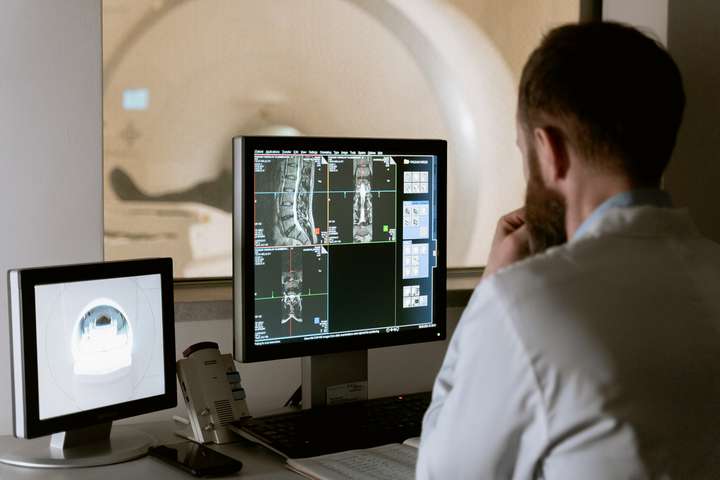The medical device industry is a multi-billion dollar with a wide variety of products, from surgical equipment to prosthetic limbs and implants. The medical device market has changed dramatically over the past ten years. Many technological advances have provided patients with more options for treatment and increased quality of life. Here are some things you should know about the medical device industry.

1. The Medical Device Industry Is a Rapidly Growing and Innovative Field
Medical technology is a competitive and rapidly growing field that offers new challenges and opportunities. The industry is constantly evolving and providing patients with better options for treatment. The medical device industry also provides significant employment opportunities. In addition, new products and improvements and innovations in existing products will continue to provide patients with better treatment options for a long time.
2. It is Highly Regulated
Medical devices are subject to strict guidelines and regulations to ensure their safety and effectiveness. Today, many government agencies, such as the U.S. Food and Drug Administration (FDA) and the Federal Trade Commission (FTC), have regulations to ensure products meet specific standards. Before a medical device can be marketed, it must undergo extensive testing to ensure that it will be safe and effective for its intended uses. The FDA also determines how much information a company can provide physicians about their products before they become available.
3. Medical Devices Are Often Classified Into Different Categories
Medical devices fall into one of several categories. For example, devices can be classified as Class I (which are deemed to present some degree of risk and the manufacturer has to provide a warning or label), Class II (which are lesser risks that require a label but do not require premarket approval), or Class III (which are only approved for distribution after a clinical trial).
4. Medical Devices Are Used in Every Aspect of Healthcare
Medical devices are used in hospitals, doctor’s offices, nursing homes, and home healthcare. They are used as diagnostic tools to help find health issues before they become serious problems. They can treat diseases and injuries with minimally invasive procedures allowing patients to regain mobility faster.
Medical devices can also help monitor and improve a patient’s condition after an injury or surgery. Medical devices outside the medical field have helped many people recover after accidents and illnesses or even performed life-saving techniques on victims of traumatic events such as car crashes or terrorist attacks.
5. The Medical Device Industry Is a Global Market
The medical device industry is a global market. Companies in the U.S. and worldwide are constantly improving their products to meet new standards or incorporate new technology. The medical device industry relies on advances made in other countries and constantly competes with international companies for survival and profit. Medical device compliance software usually includes international medical device regulations.
6. Medical Devices Are Often Used in Combination With Other Medical Treatments
Medical devices are often used in combination with other medical treatments. For example, many orthopedic implants are placed in conjunction with joint surgery or physical therapy, radiation therapy machines are attached to a patient’s chest and head during a cancer treatment course of radiation treatment and electrotherapy machines, such as nerve stimulators for pain relief, can be used in conjunction with other therapies.
7. Medical Device Companies Must Conduct Extensive Research and Testing
Medical device companies must conduct extensive clinical testing to ensure their products are safe and effective. Companies perform several tests during the product development process, including cell culture and animal testing, human studies (often involving patients who have been injured), human efficacy testing (often involving healthy volunteers), and human performance studies. Once new medical devices have been introduced, companies must continue to undergo additional testing through an ongoing safety monitoring program.
Conclusion
The medical device industry is a dynamic and rapidly growing field that provides patients with various new treatment options. Companies are continuously improving their medical devices to meet increasingly stringent safety regulations and guidelines that ensure the safety and effectiveness of the products. It is a high-tech industry, albeit one with many different products, each requiring its specific expertise.





